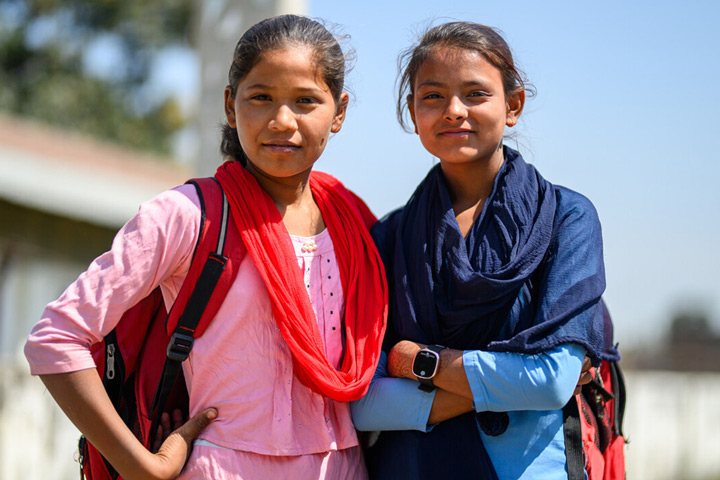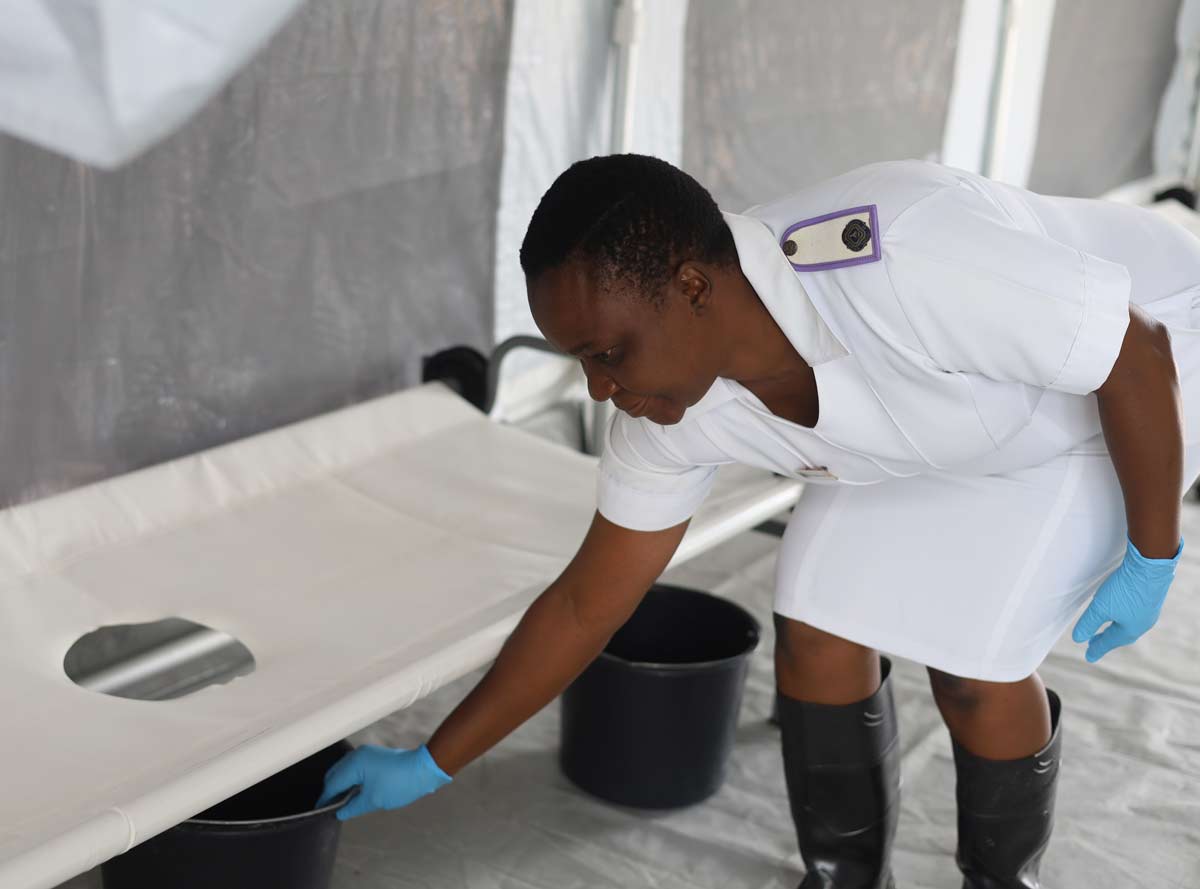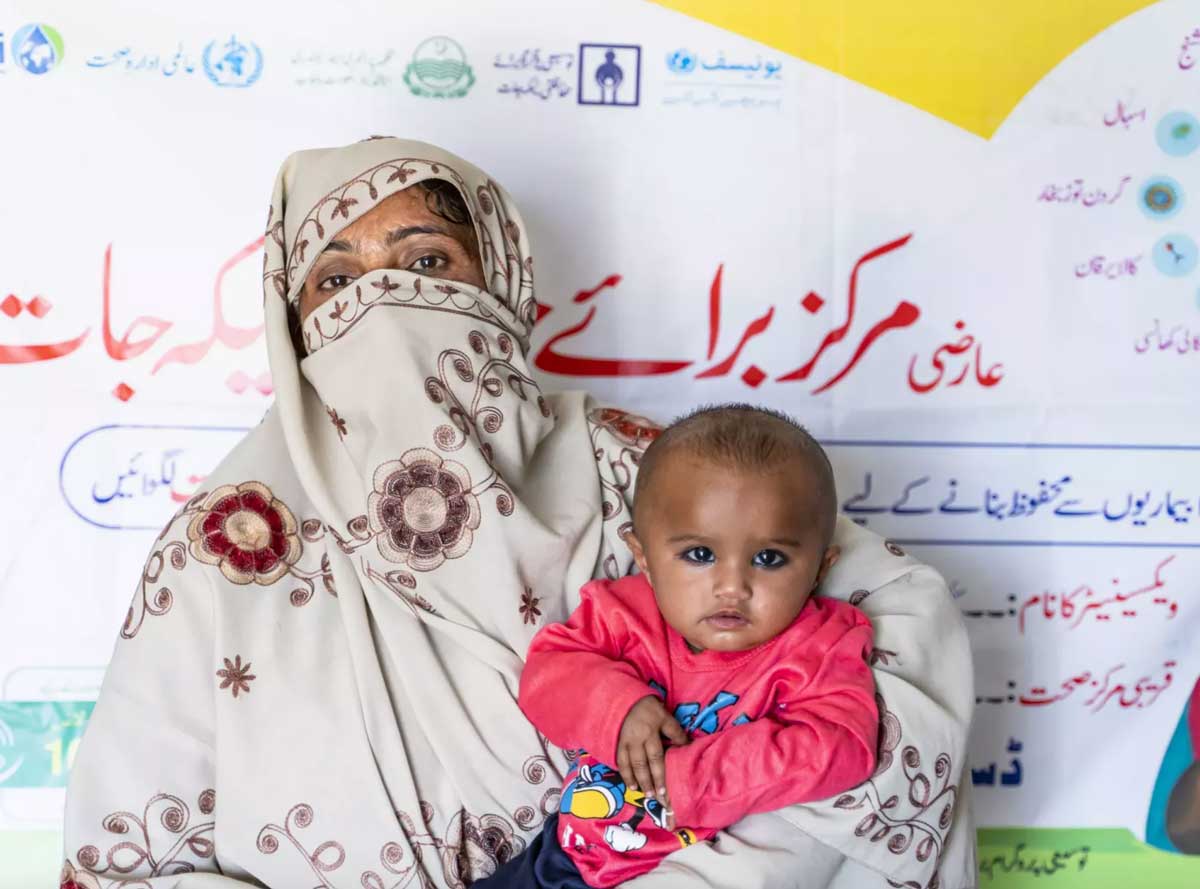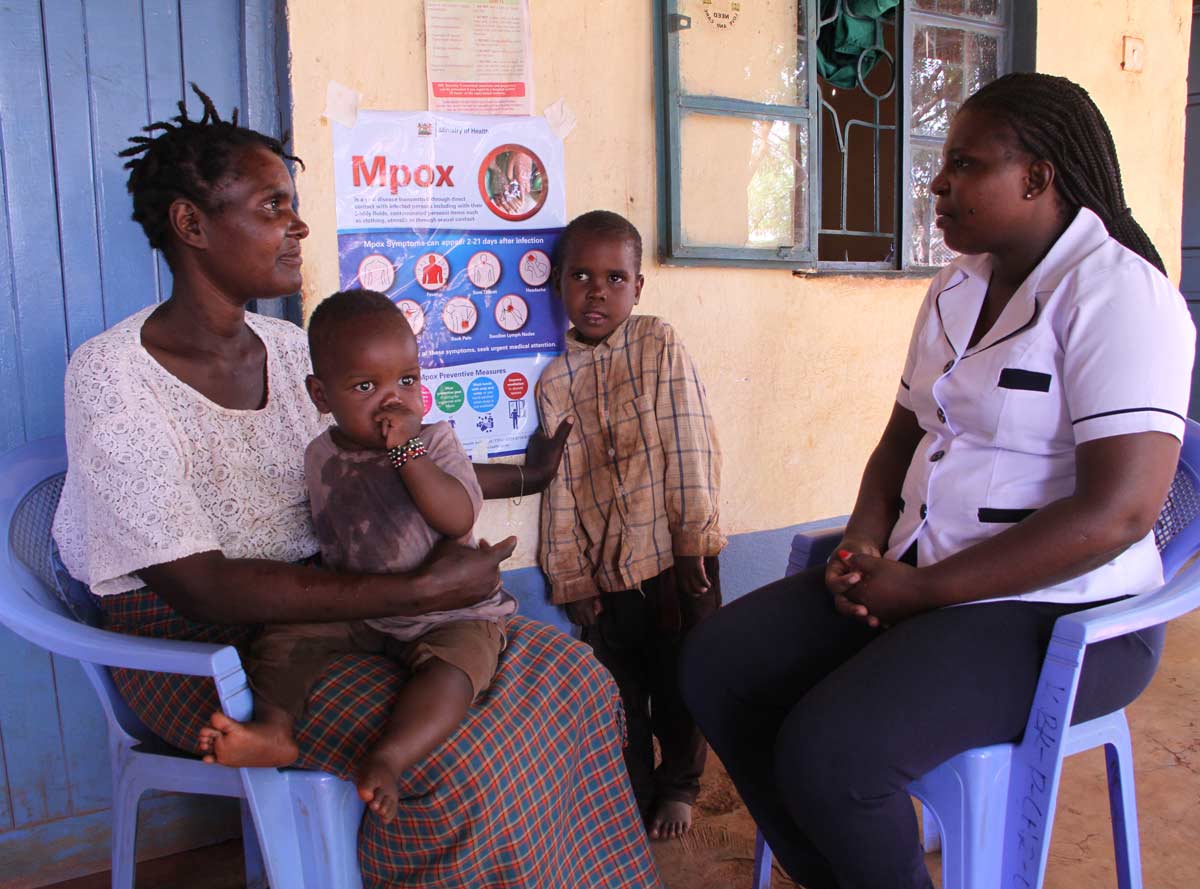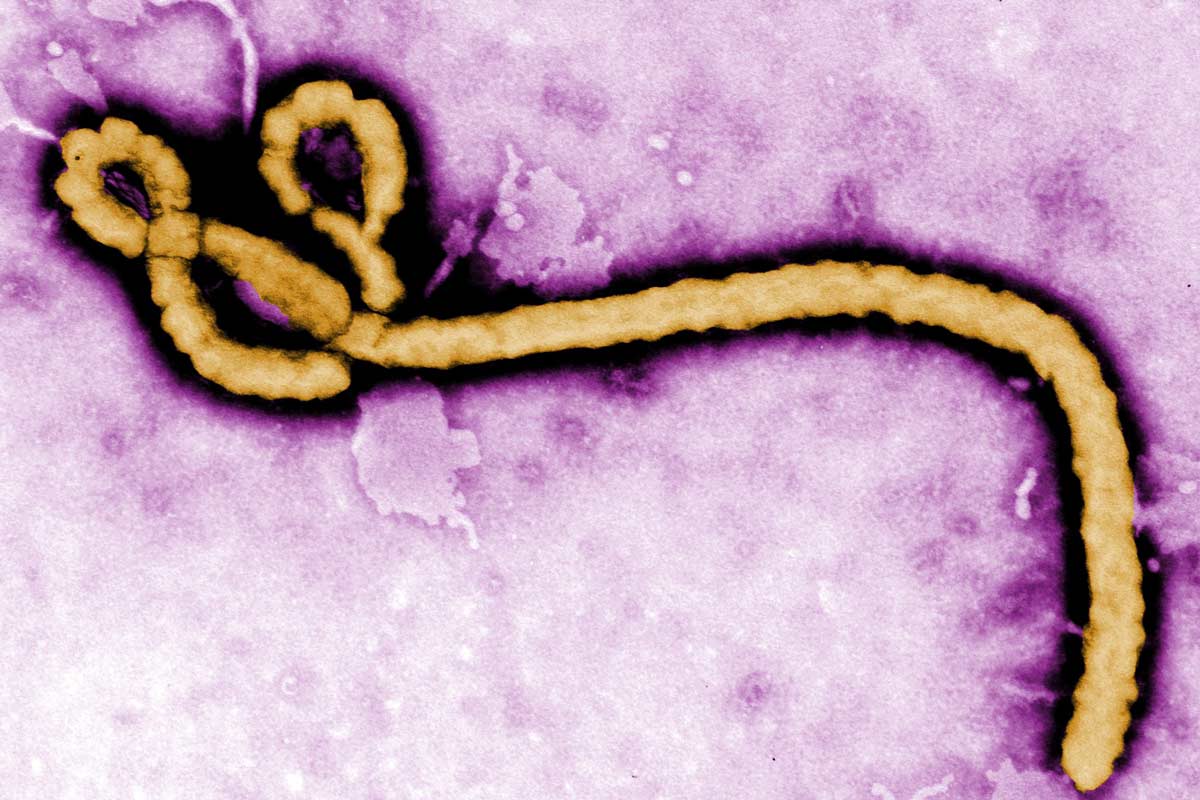Halving premature deaths by 2050 is within reach, says Lancet study
Vaccines are a key intervention in reducing preventable deaths.
- 21 October 2024
- 5 min read
- by Priya Joi
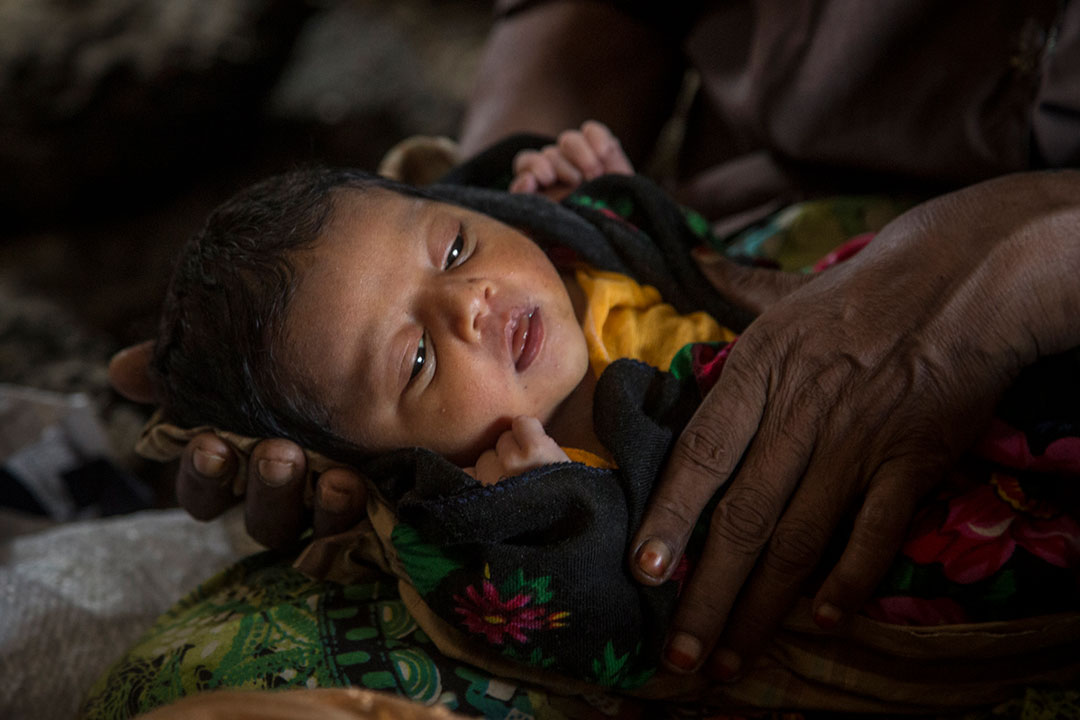
Countries worldwide could halve premature deaths by 2050 if they invest in a a few targeted areas – and if health aid is focused on these areas too – a new Lancet Commission report outlined this week.
They estimate that there is a 23% chance of a pandemic on the scale of COVID-19 (killing over 25 million people) happening with the next decade, and a 48% of it happening in the next 25 years.
These recommended interventions include vaccines, which are cited as a critical way to protect children from deadly childhood diseases and to save lives from diseases such as tuberculosis, malaria and cervical cancer.
The report also offers possible scenarios for a next pandemic, for which it recommends agile early-warning systems and centralised stockpiles of drugs, vaccines and personal protective equipment as important preparation.
Future success based on past wins
The study sets out a plan in which countries can halve premature deaths in the 31 years between 2019 baseline figures and 2050. While it sounds ambitious, the Commission argues that it is achievable.
The report brings together data that makes the case for the feasibility of this goal, showing how low- and lower middle-income countries such as Bangladesh, Viet Nam and Iran halved premature deaths in their countries within 31 years or less since 1970.
Additionally, seven of the world's most populous countries, Bangladesh, Ethiopia, Iran, Turkey, South Korea, Russia and South Africa are already on track to meet the goal of reducing premature deaths by 50% by 2050, the study shows.
Have you read?
The 15 priority conditions, chosen from over 17,000 internationally health diagnoses, represent 80% of the life expectancy gap between most regions and the North Atlantic (defined in the report as North America and Europe).
The 15 priority conditions account for most of the gap in life expectancy between countries
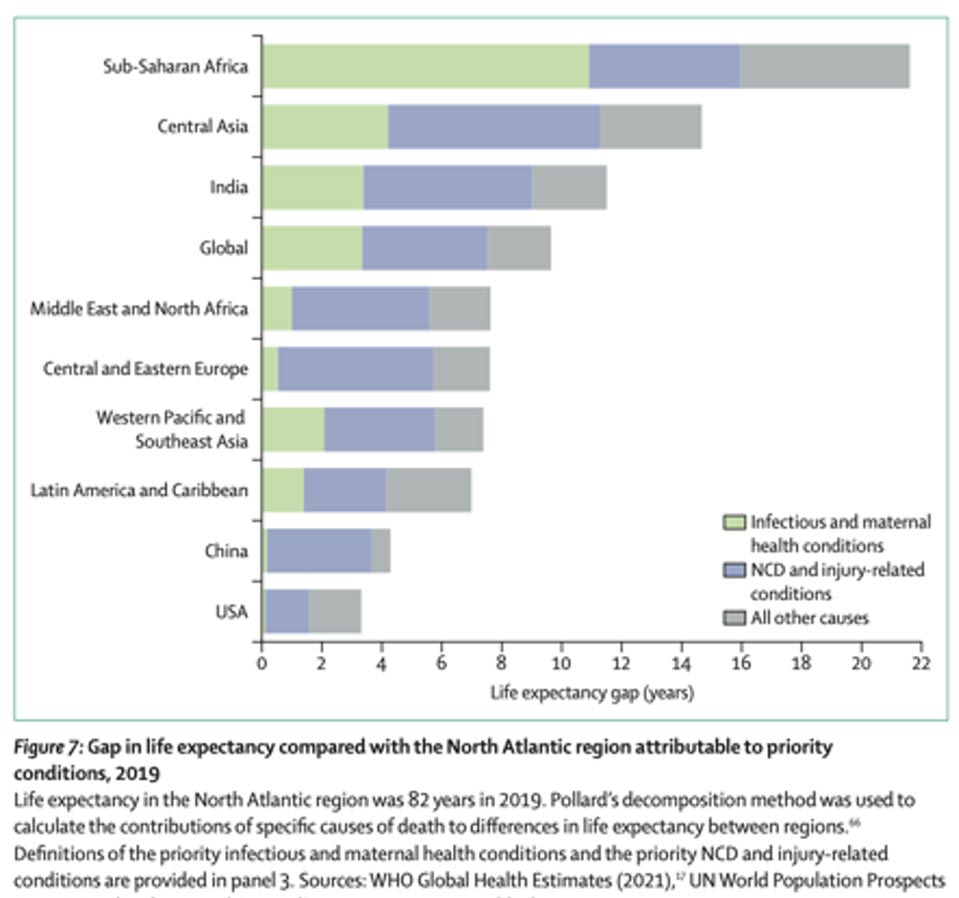
"There's a 22-year gap in life expectancy between sub-Saharan Africa and the North Atlantic, Dr Angela Chang from the University of Southern Denmark and lead author of the report, told a panel at the World Health Summit in Berlin. "Close to 80% of this gap can be explained by these 15 priority conditions, and over half of the difference can be attributed to eight infectious and maternal health conditions."
Future pandemic threat
What is certain, as many experts have said, is that another pandemic is a certainty. The only question is when.
Factors such as climate change and increasing conflict (the world is experiencing the highest number of violent conflicts since the second world war) are dramatically increasing the risk of pandemics. Extreme weather conditions and violent conflict both destroy habitats and trigger population displacement, driving people and animals closer together and heightening the risk of a pandemic pathogen.
The Commission looked at an assessment that applied the techniques of quantitative disaster modelling to provide insight into the magnitude of the risk. The assessment attempted to quantify the probability of the sparking of a pandemic (such as the spreading of a pathogen from an animal to humans that can easily spread between people).
They estimate that there is a 23% chance of a pandemic on the scale of COVID-19 (killing over 25 million people) happening with the next decade, and a 48% of it happening in the next 25 years.
High risk of COVID-19-sized pandemic in next decade
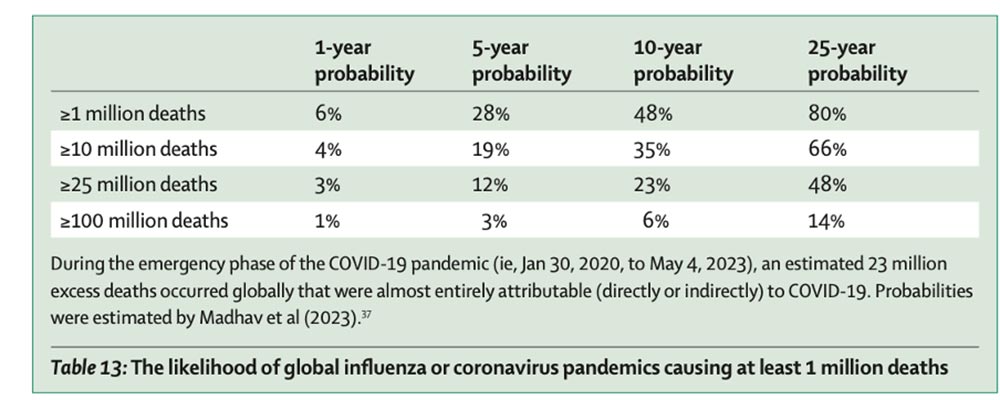
Focusing on what we know works
Ambitious global health initiatives such as a move towards universal health coverage should in theory improve health and reduce early deaths. However, the commission argues that universal health coverage is too mammoth a goal for countries to commit to in the face of other urgent challenges such as climate change and a rise in extreme weather conditions, which is also causing spikes in infectious diseases and increasing conflict, leading to instability and population displacement.
The Commission warns against focusing on new trends or new approaches to tackling diseases that claim millions of lives, and instead recommends focusing on what we already know kills people.
This includes child and maternal health problems such as childhood infections, malnutrition and unsafe labour, and infectious diseases such as tuberculosis and HIV/AIDS, as well as cardiovascular conditions and mental health. The study emphasises that tobacco and alcohol remain major threats to health that if addressed properly would save millions of lives.
The report points to overwhelming evidence indicating that raising excise taxes on tobacco, alcohol and sugary drinks could massively improve health. The Commission points to the 2019 report of the Taskforce on Fiscal Health Policy, which noted that "raising taxes on tobacco can do more to reduce premature mortality than any other single health policy".
The Taskforce's analysis suggested that a steep rise in tobacco prices could avert more than half a million tobacco-related deaths per year during the next 50 years. Countries such as Brazil, Colombia, and the Philippines have recently used large excise taxes to successfully reduce consumption and raise revenues.
This revenue could be funnelled into financing core health interventions – the report estimates that investing in halving premature deaths by 2050 would cost an additional 1% of GDP in lower income countries and 2% of GDP in lower middle-income countries.
The report concludes: "By focusing resources on a narrow set of conditions and scaling up financing to develop new health technologies, we believe that the global health landscape can be utterly transformed within our lifetimes."

